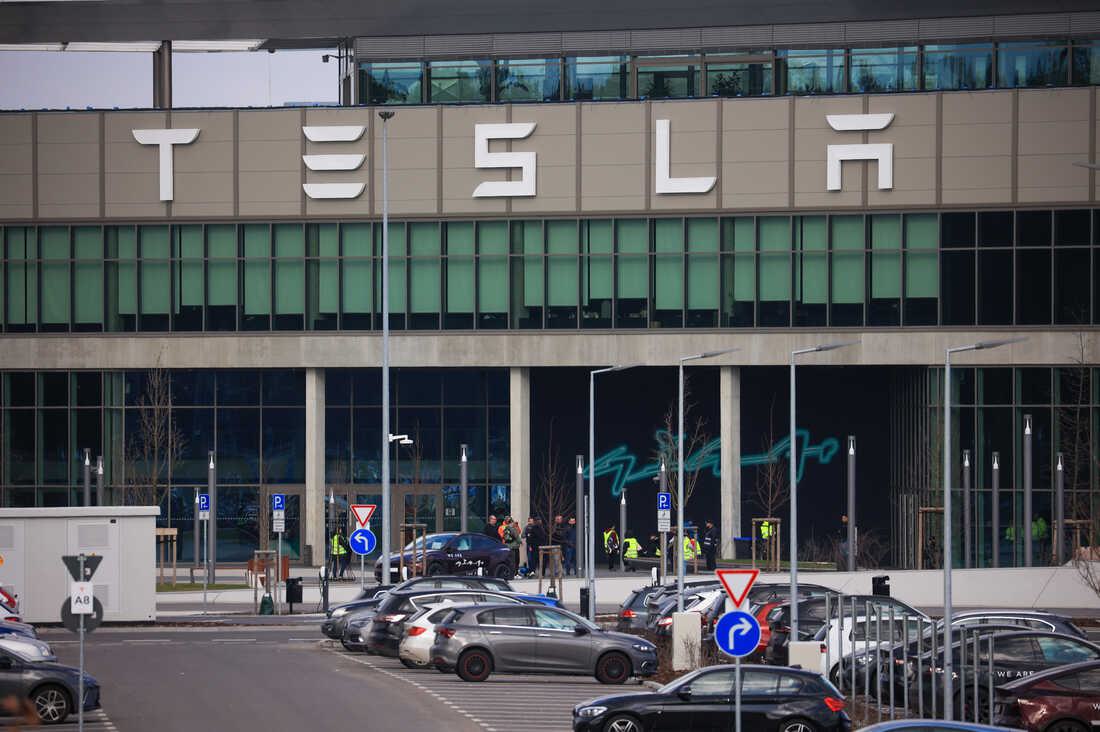How to reduce your carbon footprint by 45% in 2021 - Dispatch Weekly
January 11, 2021 - Reading time: 12 minutes

Being eco friendly means living in a way that is not harmful to the environment. This way of life is becoming increasingly important, as we need to protect our planet from man-made damage. There are various ways that an individual can make sustainable changes in order to lessen the negative effect that our daily lives usually contribute to.
It is possible to be eco friendly in different areas of our lives.
It can be from a small change, like using a recyclable water bottle in your daily life, to a bigger investment, such as installing solar panels to make the switch to renewable energy for your home.
Most people struggle to make a meaningful change because they simply don’t know where to begin. This guide covers tips and tricks on how to reduce carbon footprint by approximately 45% to help you make a contribution to reducing climate change effects and being more eco friendly in your daily life.
Invest in Renewable Energy for Electricity
A way that households can be more eco friendly is to invest in a renewable energy source for electricity. Most households are on a grid that provides energy from a non-sustainable source, like oil or gas.
Solar panels are an example of a renewable energy technology that uses the sun as an energy source.
Switch Heating Source
Another way to be more eco friendly is to opt for a renewable method for heating your home. Boilers are an example of a heating source that can be more eco friendly. As boilers can be fuelled generally by four different fuels, homeowners can decide what would be best for their house. The possibilities range from gas boilers, oil, electric boilers, and biomass boilers.
Another option is to try heat pumps as they also provide heating options for the home. Heat pumps are not only more environmentally friendly due to their low energy consumption, but they also eliminate the need for gas pipes and oil tanks.
Solar thermal is another way of switching over to a more environmentally friendly energy source. Instead of using gas or oil, a solar thermal panel utilises the heat from the sun to boil water, providing energy without any combustion, thereby making it a much cleaner alternative.
Depending on what type of heating source you switch from, you will be able to save a decent amount of money. If you switch to solar thermals, you could save at least £50 on energy bills.
Switch Energy provider
This is probably one of the quickest and most cost-effective ways of reducing your carbon footprint. In fact, you’re likely to save money by switching to a green energy supplier – especially if you’ve never switched energy suppliers before.

A lot of the dirtier energy suppliers roll customers onto expensive tariffs after an initial offer period ends (usually after 12 months) so switching to a better, greener energy supplier can save you money and help keep down CO2 emissions. It’s easy enough to find out who the better energy suppliers are – check review sites and remember to check if they use 100% renewable electricity. Since most homes are still heated by gas and oil it might be hard for you to go 100% green on your energy but switching your electricity is a good start.
Use Eco-Cleaning Products to Clean the House
A lot of mainstream cleaning products contain various ingredients that are harmful to the environment. In fact, a lot of chemicals used to clean our clothes, dishes, and house end up causing damage to our planet and its biodiversity.
Chemicals such as detergents, preservatives, or foaming agents are the ones that cause the most harm to nature. Switching to products that contain sustainably grown or raised ingredients that do not deplete the ecosystem, nor harm it when expelled back out.
People should ideally opt for products that contain no synthetic ingredients if they want to go for eco-friendly household products.
Use a Recyclable Eco-Friendly Water Bottle
A lot of water bottles end up in the ocean as a lot of people fail to recycle them properly. This results in a high rate of pollution in our oceans and the overall environment, as one plastic bottle will break down into 10,000 microplastic pieces over time – and this microplastic pollution is incredibly hard to clean up.
A solution to this problem is to invest in a water bottle that is not only reusable but also the right size, so you can take it with you whenever you travel.
Re-using a water bottle also saves money in the long run, as fewer plastic bottles will need to be purchased.
Replace Diesel and Petrol Cars with EV or Hybrid Cars
Cars are a major cause of global warming, mainly due to the amount of pollution that they emit. Diesel and petrol cars are the main culprits of CO2 emissions.
In order to combat this, electric and hybrid cars are rising in popularity as they reduce overall emissions. This is mainly due to the fact that electric cars run on batteries, rather than a combusting fuel source. Hybrid cars on the other hand use both as a fuel source but switch sources as their fuel capacity get low.
Buy Products That Are Biodegradable
All things come to an end. While you cannot control whether or not the products that you dispose of will end up at a location where they will be recycled and reused, you can, however, purchase products that are made of non-synthetic ingredients and are biodegradable.
Biodegradable products dissolve due to contact with bacteria and fungi. Meaning that if they get in contact with nature, they won’t cause any environmental harm, as they disappear due to natural processes.
Eat Less Meat
Meat and dairy are responsible for the majority of greenhouse gas (GHG) emissions in the agriculture industry. Emissions occur from the stage of production to processing, packaging, and finally being served. Farming releases two powerful greenhouse gases: Methane from livestock during digestion due to enteric fermentation, and Nitrous Oxide as an indirect product of organic and mineral nitrogen fertilisers.
As the majority of emissions are a result of the production and preparation of meat and dairy, consuming less meat would be a positive contribution to reducing GHG emissions. While some opt to drastically change their diets to a vegan one, simply reducing your intake of meat can already have a big impact.
Use Electricity Wisely at work
Offices naturally require electricity to power their equipment, amenities, facilities. However, it’s important to be aware of energy consumption and be conscious of what is required.
One way companies could contribute to a greener office is by ensuring to plug off electric devices when not in use. It’s good to stay aware of the energy consumption and to make changes when the usage is predicted to go above the limit set for the month. Moreover, an increasing number of large tech corporations are using green energy to meet their electricity needs.
Encourage the Mantra ‘Reduce, Reuse, Recycle’
These three well-known principles of waste management will make your office more eco friendly. Offices should set up different containers for different types of products. Use recycling bins for paper, plastic, and soft drink cans, rather than throwing everything out in one bin.
Unplug Before Travelling
Even if electronic devices are shut off or in sleep mode, they are still using energy. Being away for too long wastes a lot of energy that could otherwise have been plugged off. So, before going on vacation, make sure to unplug your devices from the wall sockets, in order to save electricity.
Each UK household spends around £50 – £86 a year to power appliances left in standby mode or not in use.
Hold Off with Housekeeping
Housekeeping usually involves using unhealthy chemicals to clean the rooms and towels, so avoid requesting the service unless necessary. Re-use the towels that are offered at the beginning of the vacation, and place food trays from room-service outside your room for collection.
Donate Clothes
As children grow older, their school uniforms will undoubtedly have to be changed. Instead of throwing the clothes out, parents should consider donating the clothes back to the school or to other parents who are in need.
Use Containers, Not Paper Bags
When making lunch for children to bring to school, parents should invest in lunch boxes that are reusable, instead of giving them food in paper bags that are to be thrown out. If a food item truly needs to be wrapped, avoid using cling wrap and opt for more environmentally friendly wrapping materials like beeswax.
Invest in Electronic Devices Instead of Paper
As technology is adapting different scenarios in our life, there are a lot of different products that can be used to take notes with. Although investing in a laptop or a tablet may be expensive, your child could not only save time in taking notes but can also help reduce paper waste at school.

DW Staff
David Lintott is the Editor-in-Chief, leading our team of talented freelance journalists. He specializes in covering culture, sport, and society. Originally from the decaying seaside town of Eastbourne, he attributes his insightful world-weariness to his roots in this unique setting.




